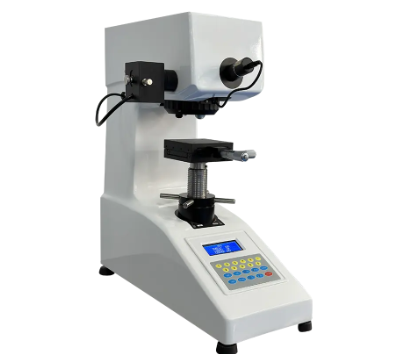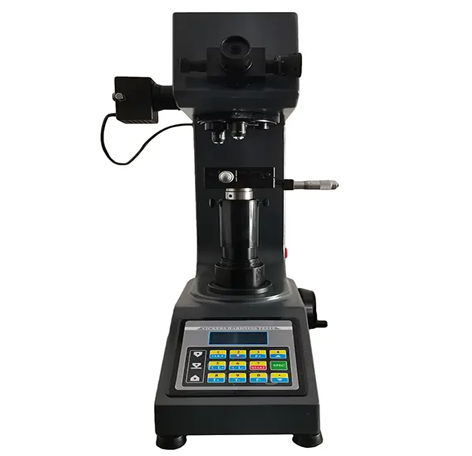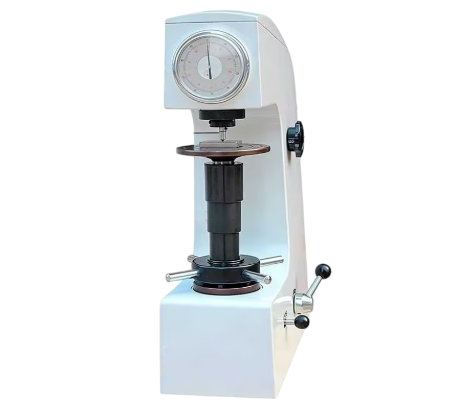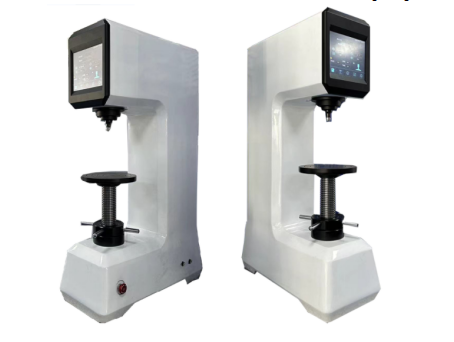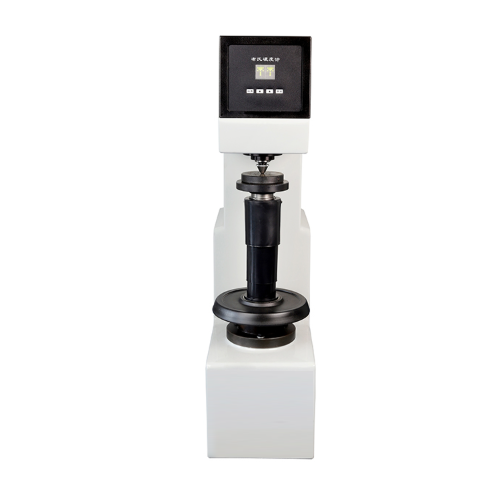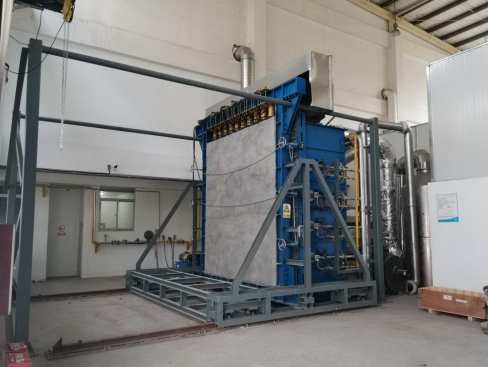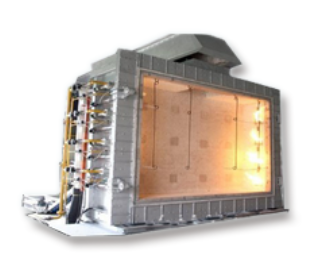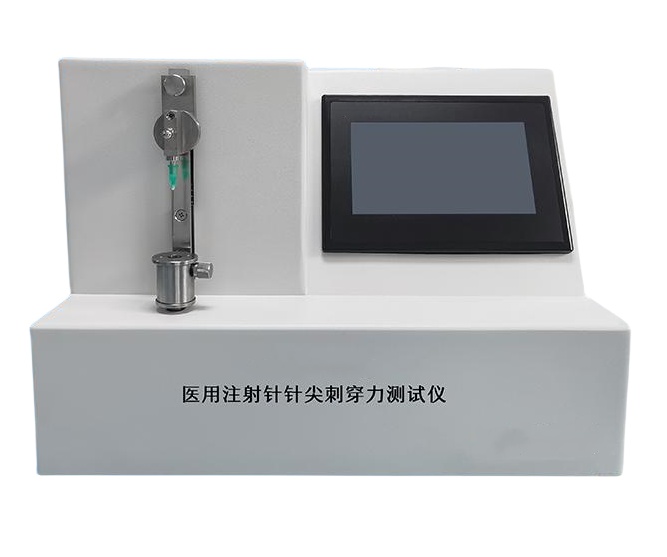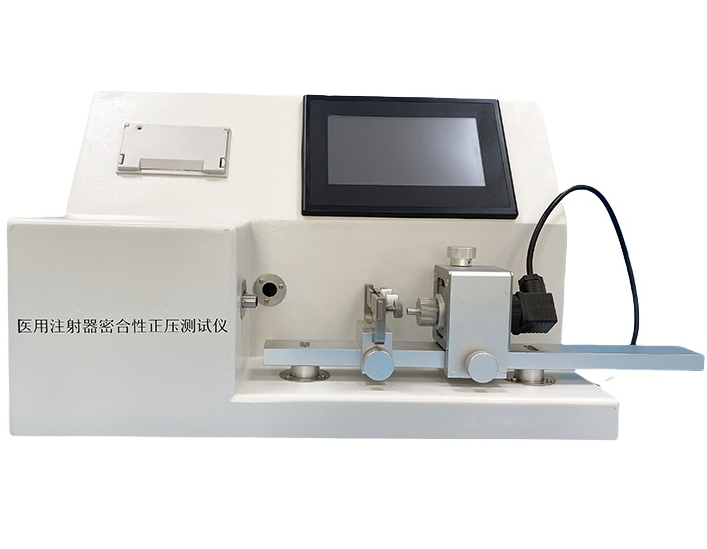Composite pyrolysis machine
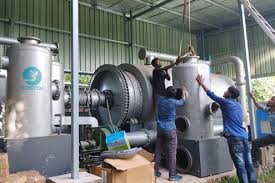
Equipment Overview
The composite pyrolysis machine can be used to treat solid wastes such as sludge and biomass (straw, fruit shells, husks) with a moisture content of ≤20%. The heat released by the combustion of combustible gas generated by the pyrolysis reaction of organic matter is used as the main heat source to provide the heat required in the pyrolysis reaction process (according to the calorific value of the material, auxiliary gas, electromagnetic heating and other auxiliary energy sources are appropriately supplemented). The solid matter after pyrolysis can be used for building materials, activated carbon, agricultural organic fertilizer, etc.
Equipment advantages
⊙Multiple pyrolysis reaction processes
The material passes through the flue gas drying spiral, flue gas pyrolysis spiral and other multi-stage reaction units in turn, providing sufficient time for complete pyrolysis and carbonization
⊙Multiple return trips for flue gas heating
The remaining flue gas heat energy after the material pyrolysis reaction absorbs heat is used for front-end wet material drying through heat recovery (the medium is selected as water or heat transfer oil depending on the situation), making full use of the system's heat energy, effectively reducing the total energy consumption and comprehensive disposal cost of the material
⊙Dual energy replenishment of auxiliary gas and electromagnetic heating
The fluctuations of the main indicators such as the calorific value and moisture content of various solid waste materials have a great impact on the pyrolysis quality. The dual energy replenishment can achieve precise control of the discharge temperature of the three pyrolysis reaction units, especially the electromagnetic Heating can heat the material to 800℃, providing sufficient temperature conditions for pyrolysis and carbonization
⊙ Low pollution emissions
During the pyrolysis process, the non-organic N elements in the material remain in the carbon soil in the form of solid matter, and the organic N elements carried by the pyrolysis gas reduce the generation of NOx through graded combustion technology and FGR low-temperature combustion technology; for solid waste with high N content, appropriate denitrification technology is selected to ensure that flue gas emissions meet the standards
⊙ Safety
Adopting PLC or DCS fully automated control system, with material transportation, pyrolysis temperature and carbonization quality, combustion adjustment and other operations are all automated, and multiple safety interlocking protection devices such as pressure, temperature, flameout, motor overload, etc. are set to ensure the safe operation of the unit
Leave Message Get Price



